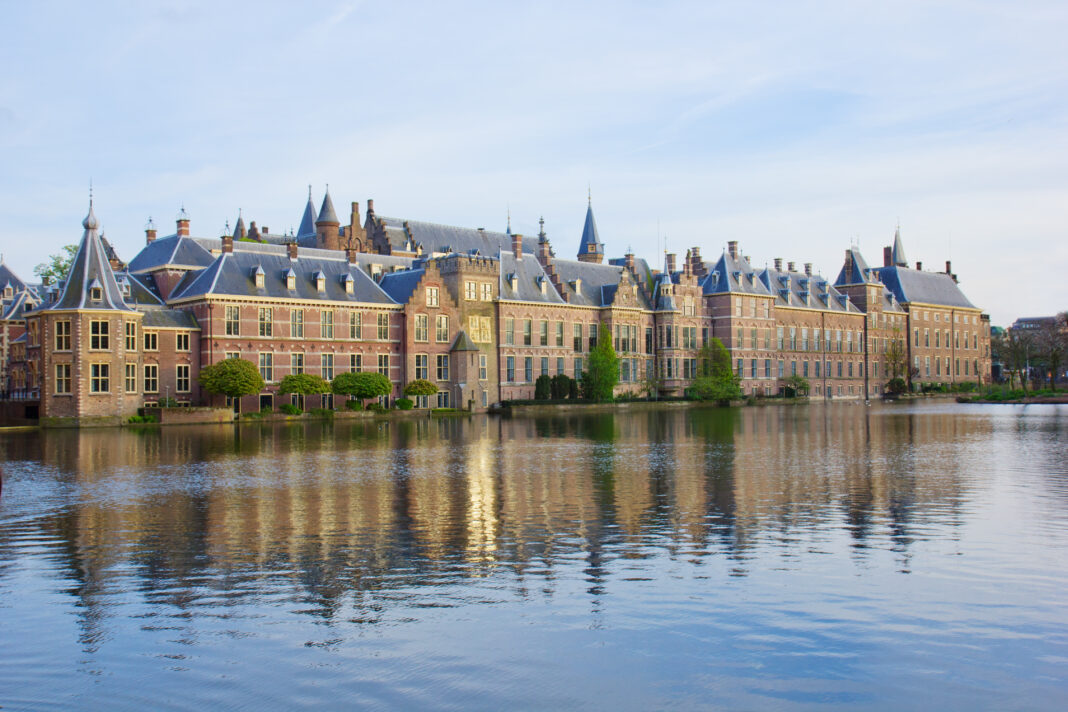After their summer holidays, the Netherlands’ new cabinet has finally given some extra details about their plans for the country.
Let’s talk about some of their most… interesting goals.
Your health insurance deductible will drop to €165
Before you pop the champagne and finally get the surgery you’ve been putting off, you should note that the cabinet plans on implementing this measure in 2027.
READ MORE | 9 things you need to know about Dutch health insurance as an international
Until then, the lowest deductible amount remains at €385 per year.
At the same time, the government also plans on cutting healthcare costs by halving what they call the “administrative time.”
How? Digitalization and AI — we’ll see how that goes.
Applying for allowances will be much easier
Anyone who receives an allowance in the Netherlands knows that it can be a complicated process.
Under the new cabinet, the “complicated regulations” will be simplified, and people will not be punished as quickly for making a mistake.
In the cabinet’s own words, there will be a “broad approach” to poverty and debt.
READ MORE | Toeslagen: save money with these allowances in the Netherlands
In more concrete news, the rental allowance (huurtoeslag) will be increased and there will be a high, income-dependant allowance for childcare.
Wave goodbye to being a “fake freelancer”
If there’s one thing Dutch employers love to do, it’s ask you to become a freelancer — and work for them.
No more becoming a CEO of your own business in order to deliver packages or takeaways. The cabinet will crack down on “fake freelancers” and encourage contracts for employees.
They aim to build 100,000 homes per year (but they mean it this time)
We’ve heard it before, but perhaps this cabinet is different.
The government plans on taking no prisoners when it comes to starting construction on new houses, claiming they will be much stricter with municipalities, regulations, and other issues that delay construction.
Flying far? Expect higher fares
Get all your long-distance travel done before the year 2027 if you can.
The cabinet aims on introducing a “differentiated flight tax”, with this, flights for longer journeys and with more polluting aircraft will be taxed higher.
The Dutch cabinet still believes in a two-state solution
While other governments have openly condemned Israel for their actions on the ongoing Israel-Palestine conflict, the Schoof government still backs a “two-state solution.”
In other words, the cabinet strives for a “sustainable solution that supports both parties” while “alleviating the serious humanitarian needs in the Gaza Strip and releasing all hostages.”
On the other hand, the cabinet has taken a more solid stance when it comes to Ukraine, saying it will support the country politically, militarily, financially, and morally against Russian aggression.
We won’t have to live through a “Nexit”
Thankfully, the cabinet has clarified that we, in fact, will not have to live through a “Nexit” — at least not with them.
They want to remain a team player within the EU “also to achieve our own goals.”
Asylum seekers will have a harder time here
The new Minister of Asylum and Migration together with the new prime minister plan on declaring an asylum crisis as soon as possible.
With this, they will be able to take some harsh measures that will make life for asylum seekers in the Netherlands even harder.
So far, they plan on restricting family reunification involving adult children, assessing repeated asylum applications more strictly, and rejecting applicants who miss hearings or appointments.
However, should the cabinet label the current asylum situation in the Netherlands a crisis, they will be able to take harsher emergency measures without needing the approval of the House of Representatives.
Under these crisis laws:
- Asylum seekers will not receive an asylum permit for an indefinite period after five years. Instead, they must return to their home countries if they are deemed safe.
- Status holders must have a residence status for two years, housing, and sufficient income before family can join them.
- The government will withdraw the Distribution Act
- There will be a freeze on asylum applications
- If necessary, people may be forcibly deported if they don’t have the right to reside
Times are certainly changing in the Netherlands.
Want the latest Dutch news to come zooming through the internet to your inbox? Dat kan! Subscribe to DutchReview’s weekly roundup 📮



